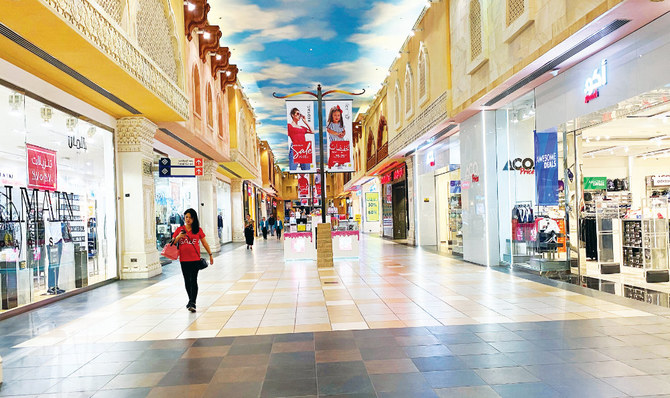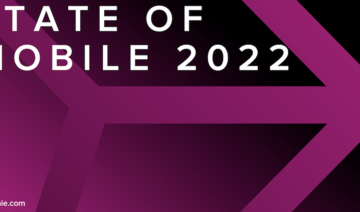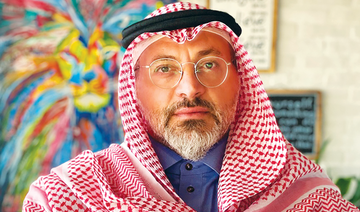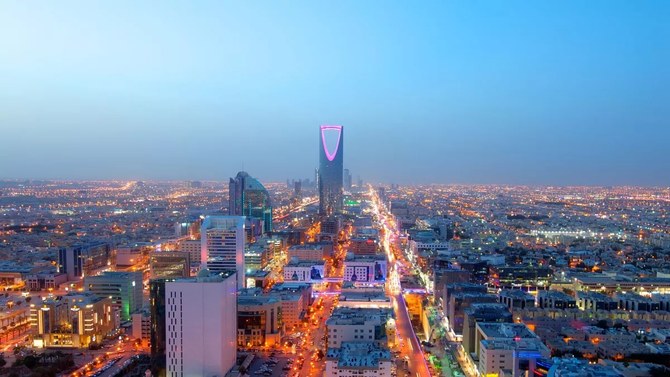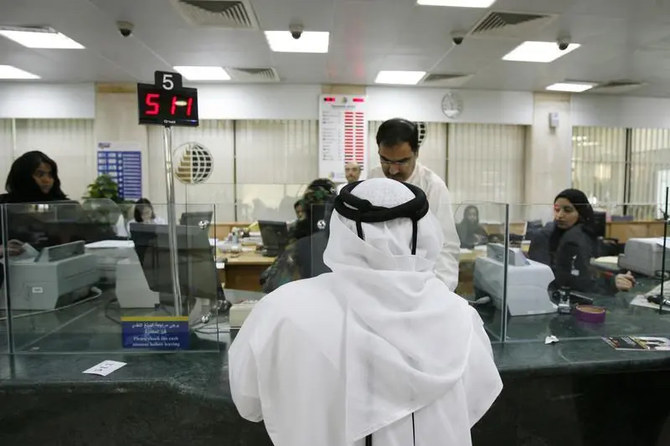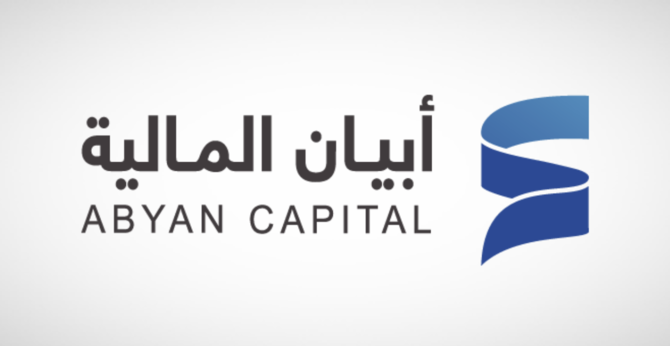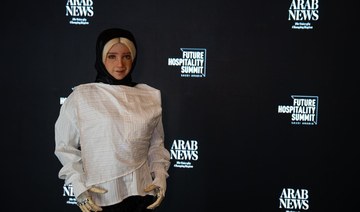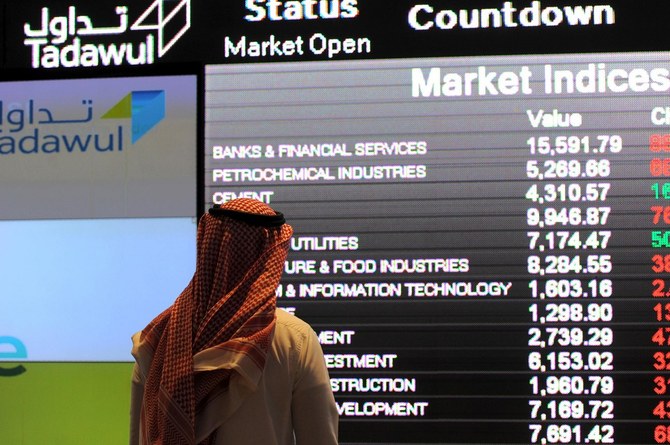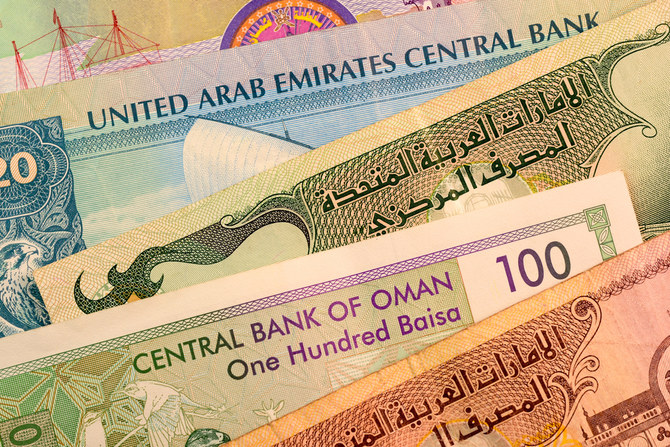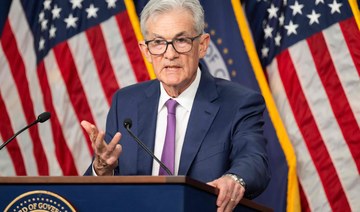DUBAI: When Anisha Oberoi received an aggressive breast cancer diagnosis ten years ago, it prompted her to reassess everything about her life. She received treatment, kept up a great job at Amazon and moved to Dubai. But this did not fulfill her ambition.
“I was put on hormone treatments after surgery and began to feel quite desperate at not being able to find clean, toxin-free alternatives to beauty products widely available to consumers,” said Oberoi, founder and CEO of Secret Skin.
“The more I learnt about hormone disruptors and carcinogens present in conventional mass-produced personal care, the more I realized how important it was to do something about this when I was ready, by creating a brand built on trust in the beauty and wellness space.”
This motivated her to set up a beauty e-commerce startup called Secret Skin. The award-winning startup was dedicated to sustainable, body and earth-friendly products.
For Oberoi, Secret Skin has become a personal story in many ways.

Secret Skin was launched online in October 2020 as a discovery platform that connects mindful consumers to conscious beauty brands from around the world. (Supplied)
Secret Skin was launched online in October 2020 as a discovery platform that connects mindful consumers to conscious beauty brands from around the world but is built differently than a traditional beauty business model.
It is based on a triple-bottom line framework that focuses on social and environmental impact — not just profit.
Within six months of launching, Secret Skin won the Women in Tech 2021 Global Pitch competition hosted by Sharjah Research Technology & Innovation Park.
Not just skin deep
The e-commerce startup recorded a 66 percent month-on-month growth in customer base, with an average basket size of 2.2 items per order. A surprising 40 percent of customers were repeat users, with no cancelations or returns in six months of operation.
The plastic recycling program incentivized customers for pro-environment behavior, resulting in 60 percent user conversion at the first interaction (within two days).
“The market for clean or conscious beauty is not saturated, but nascent here in the Middle East, while it is past its prime in other markets like the US and UK where the movement started much earlier,” explained Oberoi.
“We are the fastest growing platform for clean brands with five new brands and categories added every month to address consumer needs. As an agile startup we are able to take quick decisions to pivot when the value proposition needs to be enhanced,” she explained.
Typically, the act of purchasing a clean beauty product was labor-intensive, cost-prohibitive and time-consuming.
Routinely, a customer had to wait three weeks to receive a product ordered from outside the UAE, paying between 55-80 percent overage in shipping and customs. There was no local customer care and the experience was severely impacted.
“I had to engage with brand founders over Instagram and LinkedIn, setting up zoom calls during the pandemic to convince them to be part of our mission, when I didn’t even have a site to show them,” admitted Oberoi.
“We launched with same-day delivery, locally fulfilled with legally registered brands from around the world that were competitively priced to build customer trust,” she added.
Secret Skin has now been operational for 17 months since its launch in October 2020. The startup has seen early wins in terms of customer acquisition and penetration for the brands brought to market.
The company’s repeat purchase rate is a healthy 48 percent on average, growing 28 percent quarter on quarter in terms of sales. Customers are spending an average of $126 on orders, which is on par with the most popular, well-established e-commerce platforms for beauty in the region, according to Oberoi.
“We see this as a sign that the customer behavior is changing toward a demand for more sustainable brands with organic or natural ingredients,” said Anisha.
Oberoi now started looking beyond the UAE’s borders to sell her products and eventually she did that.
Widening influence
In 2021, Secret Skin started shipping to Oman and Kuwait, and this year will start shipping to Saudi Arabia, including the expansion of physical distribution for their exclusive brands.
“South East Asia is on the roadmap for 2023, as well as a private label that we are currently working on,” said Oberoi.
“I’m most excited about our AI-enabled app and other tech interfaces that will enhance our value proposition to the customer. Capturing, analyzing and predicting user preferences through AI with qualified experts addressing efficacy, performance, and personalized recommendations is the future, and we are getting ready for it,” she said.
Her dedication to sustainability is resonating with conscious customers in the Middle East. The beauty industry generates up to 120 billion units of plastics globally per year, contributing to the loss of 18 million acres of forest annually — which is only one of the problems it faces (some others being carbon production, water waste and energy consumption).
“We need to increase visibility and diversity in the beauty community and address critical issues that may affect climate change, water scarcity, species extinction and deforestation if we have any hope of protecting our natural resources for future generations,” said Oberoi.
“On Secret Skin, with one single click, the customer can support small sustainable businesses, provide microeconomies to
indigenous tribes that wild-harvest the ingredients found in their products, and reduce their carbon footprint.”
In beauty and personal care, sustainability means recyclable packaging, decreased use of single-use plastics, consciously curated ingredients, safe-to-use components, and small-footprint production from start to finish. For example, companies are redesigning products to include less water in their composition and reducing synthetic ingredients to address specific issues, but these are small measures.
“We need to have scalable solutions that can be applied to larger global models,” said Oberoi. “We are now standing at the precipice between catastrophe and consciousness whilst we combat the pandemic, and are responsible for the way we conserve and protect the environment that we live in.”



